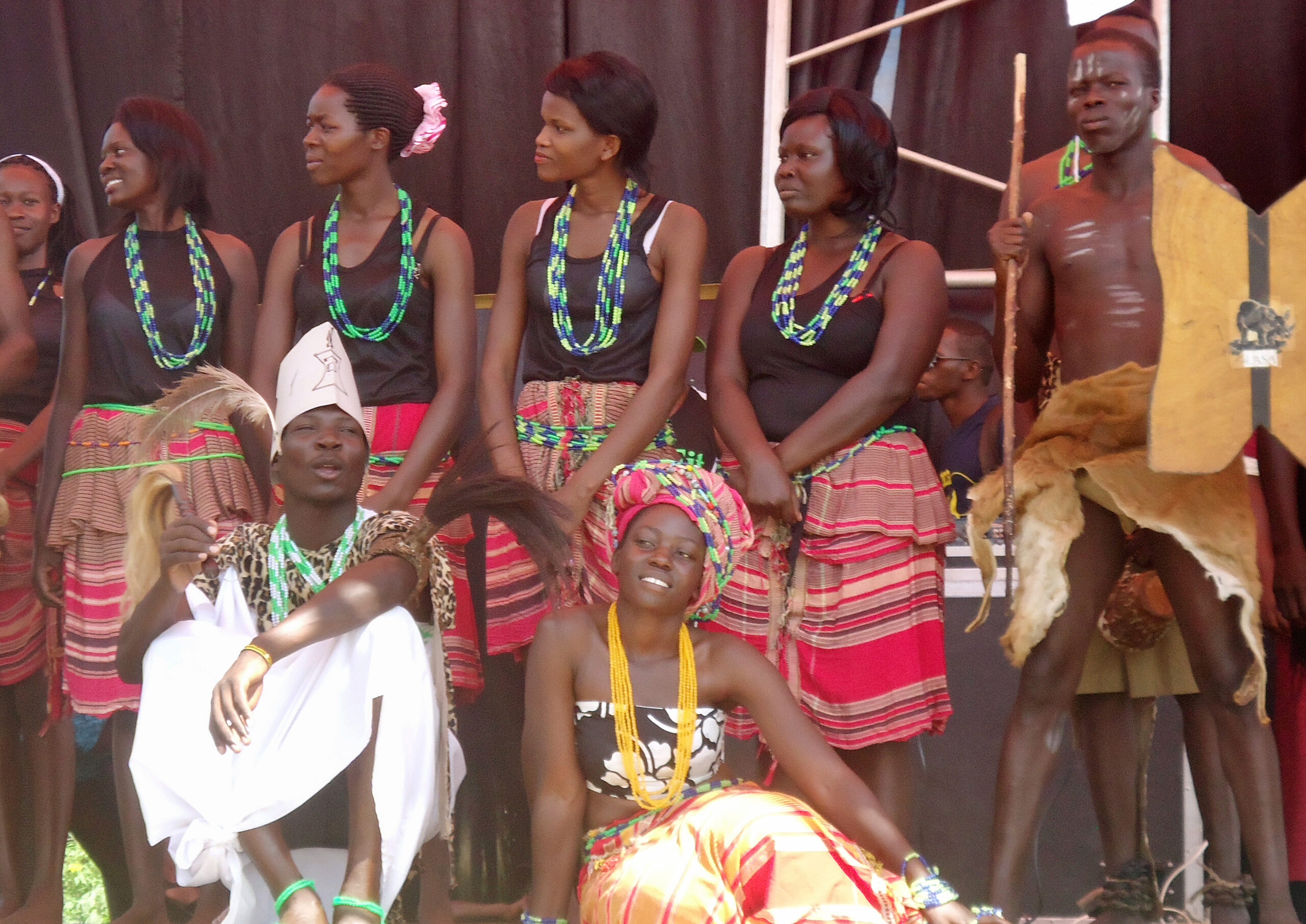The Bagwere tribe is one of the ethnic groups in Uganda, located in the Eastern part of the country, specifically in the districts of Budaka and Pallisa. They are part of the Bantu-speaking people and are estimated to be around 500,000 in population. They have a rich history, culture, and traditions that make them unique.
The Bagwere tribe is traditionally an agricultural community, with their main staple food being millet, sorghum, and cassava. They also rear cattle, goats, and chicken for meat and dairy products. The Bagwere people have a unique way of farming, where they use slash-and-burn agriculture, also known as shifting cultivation. They clear a portion of the land, farm it for a few years, and then move on to another section of the land. This allows the soil to regenerate and ensures that they have fertile land for future use.
.

The Bagwere people have a rich cultural heritage that is expressed through dance, music, storytelling, and art. The most famous dance in their culture is called the Amagunju, which is performed by both men and women during cultural events and ceremonies. The dance involves intricate footwork and movements that are meant to showcase the agility and strength of the dancers.
The Bagwere people also have unique traditional clothing that is made from barkcloth. Barkcloth is a type of fabric that is made from the bark of a fig tree. The fabric is durable, waterproof, and environmentally friendly, making it a perfect material for clothing in the Bagwere culture. The barkcloth is usually decorated with intricate designs that are hand-painted or stamped onto the fabric.
Another significant aspect of Bagwere culture is their traditional religion, which is centered around ancestral spirits. The Bagwere believe in a supreme being called Wasambo, who created the universe and all living things. They also believe that their ancestors play an important role in their daily lives and that they should be revered and respected.
In recent years, the Bagwere people have faced challenges in preserving their cultural heritage. Modernization and Westernization have had a significant impact on their culture, with many young people abandoning their traditional practices and adopting Western culture. However, there are efforts to preserve their culture through education, cultural events, and the promotion of traditional practices.
In conclusion, the Bagwere tribe of Uganda is a unique and vibrant community with a rich history, culture, and traditions. Their agricultural practices, traditional clothing, dance, music, and religion all contribute to their unique identity.